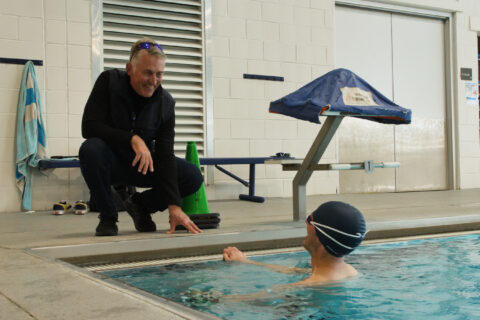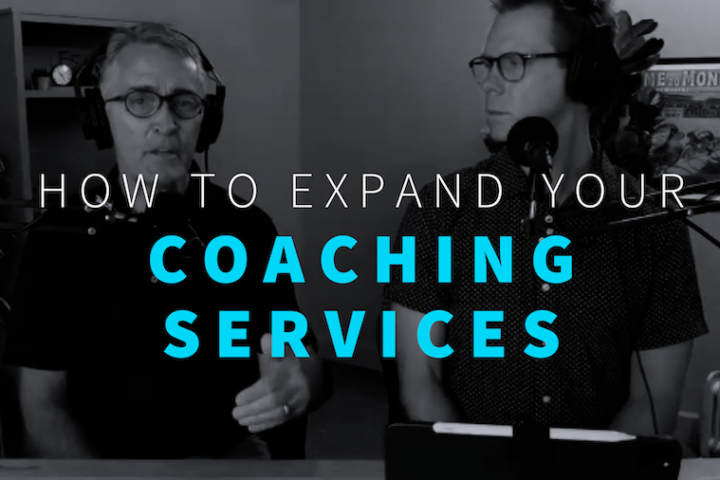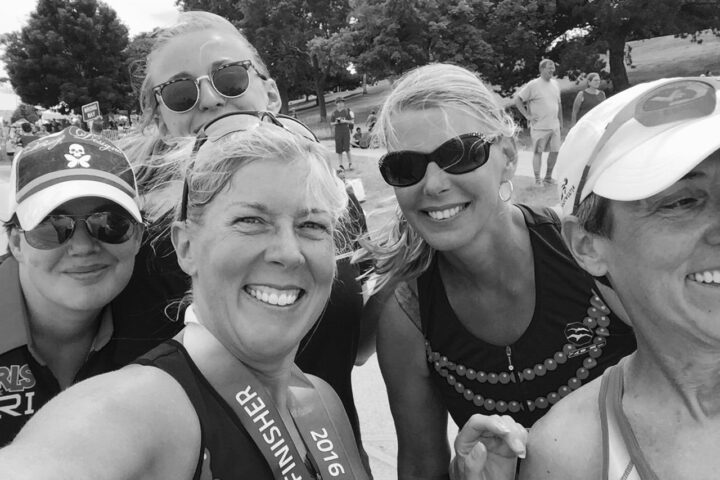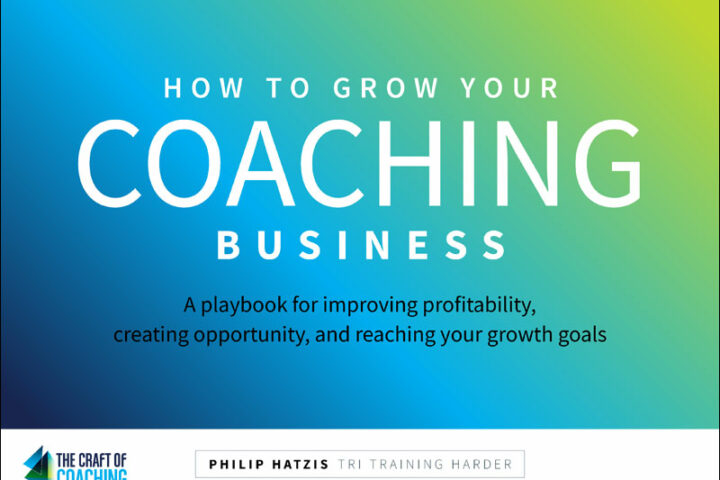
Business Liabilities: USA Cycling Course
See how to protect your personal and business assets—and your athletes—with smart strategies that limit the liabilities for your coaching business.

See how to protect your personal and business assets—and your athletes—with smart strategies that limit the liabilities for your coaching business.

See how to track your coaching business’s financial health and forecast profit, manage losses, and plan for future financial scenarios.

In this course, co-founder of Metta Endurance, coach Holly Benner provides a step-by-step guide to planning and launching your small business from ownership structure and government filings to finance and business plan.

Explore ways to grow your coaching business by offering athlete services like testing, strength training, and sports nutrition.

See how to structure or restructure your coaching business to avoid common problems with laws, taxation, insurance, and hiring.

This course from USA Cycling and Fast Talk Laboratories explores the business of coaching. See ways to become a more financially successful, efficient, and savvy business owner.

Learn how to effectively market your coaching business, attract new clients, and grow your brand recognition—with clear steps and practical tools.

Over his long tenure at CTS, Jim Rutberg has seen the coaching profession evolve amid an ever-growing industry. He identifies best practices for coaches, individually and collectively.

Mike Norton leaned into his love of crunching numbers and applying science to differentiate his coaching services and offer more value for athletes.

Expect the emergence of artificial intelligence and new tech to accelerate potential for the business and execution of coaching.

As pro athletes redefine the limits of performance, coaches are continually refining their strategy and leading a collaborative effort.

Supporting performance at the highest level will cost you time and money. Coach Joe Friel shares a balanced approach to the high-stakes game of working with pro athletes.

Today’s coaches enjoy a greater demand for services and steeper competition for clients. Choose a direction for your business and be patient in getting there.

Most coaches have additional expertise to offer their athletes as services, but there’s more than one way to grow your coaching business.

Dr. Julie Emmerman joins Emma-Kate Lidbury to talk about the role that self-awareness and emotional intelligence can have in performance psychology.

Coach Scott Saifer discusses what it takes to work with athletes who might lack ability or motivation, or both.

By coaching athletes of all levels and aspirations, Christine Schirtzinger has learned how to build a better business—and be a better coach.

These Playbooks are free downloads that augment the useful content in The Craft of Coaching with Joe Friel through deeper dives into specific aspects of coaching.